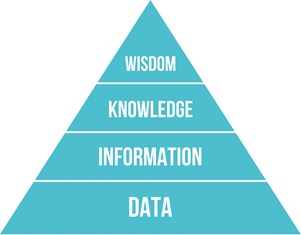Wisdom and the Cochlear Implant Clinician
 Professor Helen Cullington is an USAIS Clinician (Audiologist – Clinical Scientist) and Chair of the British Cochlear Implant Group. Her recent article in ENT & Audiology News about the development of artificial intelligence, remote care and the role of the clinician delivers food for thought.
Professor Helen Cullington is an USAIS Clinician (Audiologist – Clinical Scientist) and Chair of the British Cochlear Implant Group. Her recent article in ENT & Audiology News about the development of artificial intelligence, remote care and the role of the clinician delivers food for thought.
Providing remote care is technologically easy: we’ve been able to remotely access someone else’s computer for decades, making even remote mapping technically easy. Most people have a smart phone with highly sophisticated voice recognition and communication tools, allowing remote rehabilitation to ensure the patient gets maximum benefit from their device. But we always need to be mindful of equitable access to care – are those unable to travel to a cochlear implant centre also those who are less likely to be able to use a technological remote solution?
In her article, Professor Cullington describes the Data–Information-Knowledge-Wisdom hierarchy
Consider the Data-Information-Knowledge-Wisdom hierarchy – this is a pyramid for a reason! Data are abundant … wisdom is rare.

The Data-Information-Knowledge-Wisdom hierarchy.
(https://en.wikipedia.org/wiki/DIKW_pyramid).
In her article Professor Cullington urges the ENT community to “get involved”.
This is precisely the time for us to talk and decide what machines can do, and what only wise clinicians can do. Let’s not watch this process happening; let’s get involved.
To read the article in full, click on the link below:

